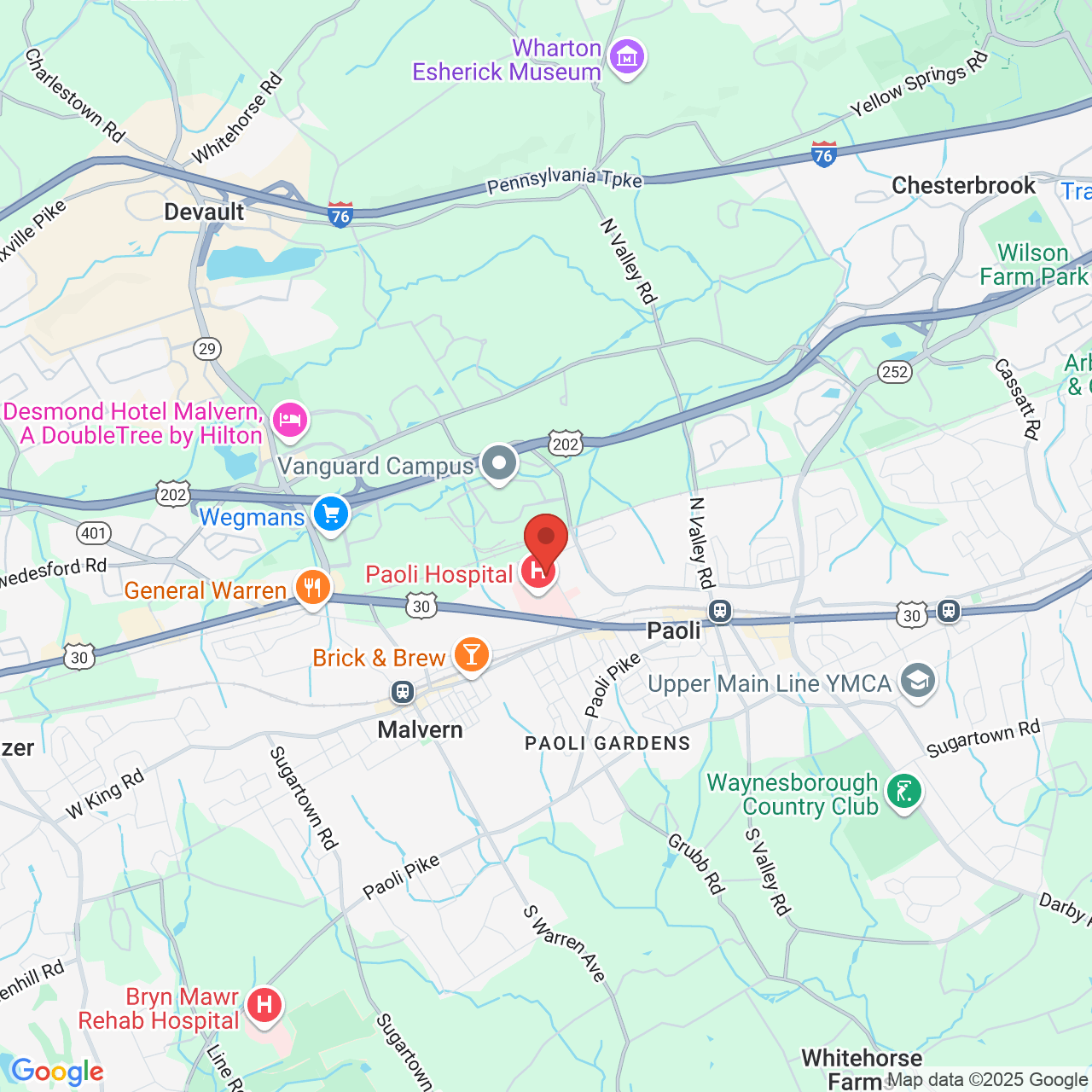Temporary Dry Eye after Eyelid Surgery
 Patients with droopy, sagging, or excess skin around the eyes can benefit from blepharoplasty, or eyelid surgery, at the Hove Center for Facial Plastic Surgery. This procedure can help patients achieve a more refreshed, youthful appearance.
Patients with droopy, sagging, or excess skin around the eyes can benefit from blepharoplasty, or eyelid surgery, at the Hove Center for Facial Plastic Surgery. This procedure can help patients achieve a more refreshed, youthful appearance.
Some patients develop temporary dry eye after eyelid surgery. Here, our Philadelphia, PA team explores the causes and symptoms of this condition and explains how to treat it effectively.
What Are Some Common Symptoms?
Patients who develop dry eye after blepharoplasty often notice an itchy, gritty sensation. As a result, vision may be blurred for several days. Other symptoms include:
- Swelling or inflammation around the eyelids
- Difficulty blinking
- The appearance of tiny whiteheads
- A sensation of the lower lid being pulled down
What Causes Dry Eye after Eyelid Surgery?
There are several factors that can contribute to dry eye following blepharoplasty. Some include:
- Incomplete eyelid closure: This is the most common cause of dry eye after eyelid surgery. The condition can cause mild irritation.
- Excess removal of tissue: If the surgeon removes too much tissue or muscle, it can prevent complete closure of the eyelid. That is why it is so important to choose an experienced doctor to perform your procedure.
- Chemosis: Characterized by swelling of the conjunctiva, this condition can lead to dry eye.
- Prior LASIK surgery: Those with a history of LASIK surgery have a higher risk for developing dry eye.
- Certain health conditions: Some disorders, such as thyroid and autoimmune disease, can increase the likelihood of dry eye after eyelid surgery.
The presence of these risk factors does not disqualify patients from surgery. A thorough health history review can help us take steps to reduce the risk of problems.
Treatment Options for Dry Eye after Eyelid Surgery
Following blepharoplasty, most problems, including dry eyes, will correct themselves over time. In fact, we typically do not recommend any type of surgery unless the issue has persisted for longer than three months.
There are a few things we can do to reduce dry eye symptoms in the meantime. In most cases, a regimen of topical medicaments helps soothe the eyes and reduce troublesome side effects. This may include prescription eye drops, saline eye drops, or ointments.
Reducing the Risk of Dry Eyes after Eyelid Surgery
The best way to reduce your risk of dry eyes is to be well-informed. During a consultation at our practice, talk with Dr. Hove in detail about your medical history. Mention any past or current conditions or surgeries. This will allow him to accurately assess your risk for the procedure. Patients considering eyelid surgery should have a full understanding of the treatment process and realistic expectations of results.
Contact the Hove Center for Facial Plastic Surgery
If you are thinking about eyelid surgery to rejuvenate your appearance, it is important to understand the risk factors. To learn more about eyelid surgery or any of the other cosmetic treatments we offer, schedule an appointment at our Philadelphia practice. You can contact us online anytime or give us a call at (610) 647-3727.




